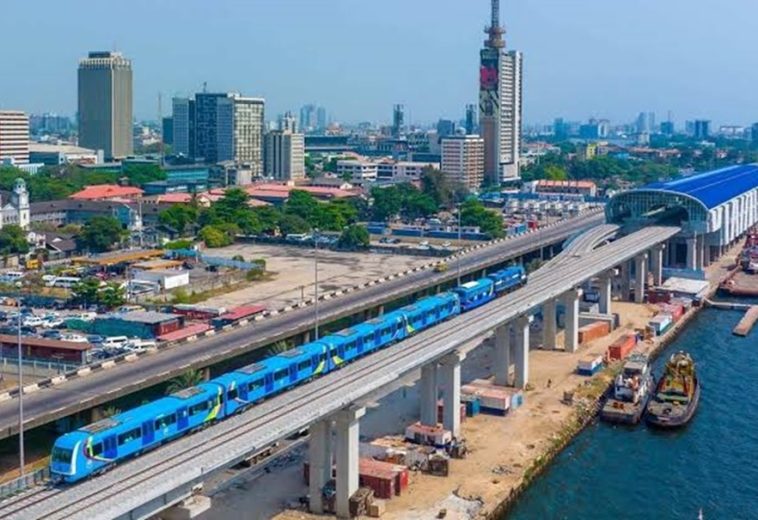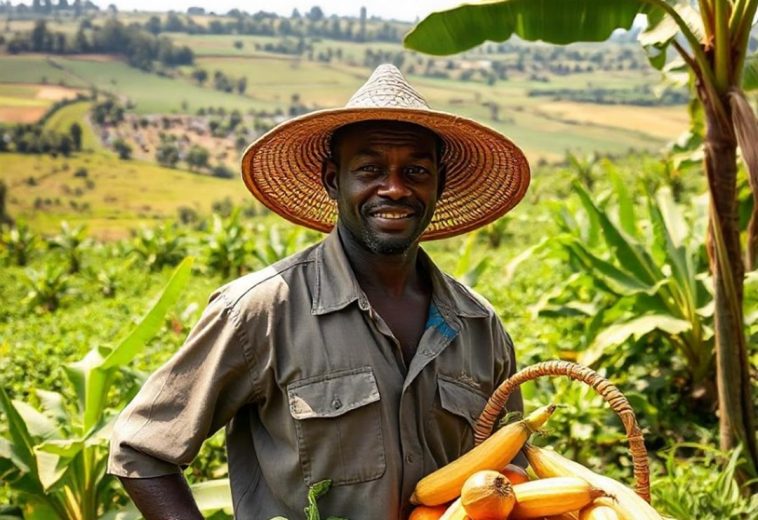In 2015, the United Nations charted a visionary course for global development by establishing 17 Sustainable Development Goals (SDGs) aimed at eradicating poverty, protecting the planet, and ensuring prosperity for all by 2030. As we approach the 2030 deadline, the journey has been marked by innovative strategies, persistent challenges, and varied progress.
Innovative Strategies Driving Change
Digital Transformation in Education (SDG 4: Quality Education):
AI-Powered Learning: Advancements in artificial intelligence (AI) are revolutionising education by providing personalised learning experiences. AI-driven platforms are tailoring educational content to individual student needs, enhancing engagement and comprehension.
- Virtual Ideation Marathons: Initiatives like the SDG Innovation Challenge offer virtual platforms for young African community practitioners to develop solutions that further sustainable development in their communities, thereby enhancing educational opportunities and community engagement.
Global Goals Week
Clean Energy Revolution (SDG 7: Affordable and Clean Energy):
-
- Global Investments in Renewables: In 2023, global investments in renewable energy surpassed $500 billion, marking a significant milestone in the transition towards sustainable energy sources.
Sustainable Development Report 2024
-
- Off-Grid Solar Solutions: Innovations in off-grid solar technology are providing electricity to millions in rural regions, transforming lives and local economies by improving access to information, education, and healthcare.
Targeted Poverty Alleviation (SDG 1: No Poverty):
-
- Microfinance and Direct Cash Transfers: Programs such as Kenya’s M-Pesa have empowered marginalised communities by providing financial services that offer stability and promote economic growth.
- Social Entrepreneurship: The rise of social enterprises that combine profit-making with social impact is creating sustainable livelihoods, particularly in low-income countries, fostering economic development and social progress.
Challenges on the Path to 2030
Despite these innovations, significant challenges impede progress:
- Economic Disparities: The global wealth gap continues to widen. While extreme poverty rates have decreased, many individuals remain vulnerable, living just above the poverty line. The rising cost of living has compounded challenges, particularly in developing nations.
- Educational Inequities: Remote learning technologies, though promising, have highlighted a digital divide. Millions of children in low-income regions still lack access to devices and internet connectivity, perpetuating disparities in educational outcomes.
- Energy Transition Costs: Transitioning to renewable energy requires significant upfront investment. Developing nations often struggle to access the necessary capital and technical expertise, slowing progress.
Progress and Promising Outcomes
- Poverty Reduction:
- Since 2015, over 1 billion people have risen out of extreme poverty, driven by economic growth in Asia and Africa. However, recent setbacks caused by the COVID-19 pandemic have stalled progress, necessitating renewed efforts.
- Education Advancements:
- The global literacy rate continues to climb, with innovative programs like UNICEF’s Learning Passport helping bridge gaps in conflict-affected regions. The inclusion of girls in education is steadily improving, although gender disparities persist in some areas.
- Renewable Energy Adoption:
- Countries like India are emerging as renewable energy leaders, meeting ambitious targets for solar and wind energy production. Global investments in renewables have reached unprecedented levels, signalling a strong commitment to sustainable energy.
Achieving the SDGs by 2030 remains a formidable task. The 2024 Sustainable Development Goals Report reveals that only 17% of the targets are on track, with nearly half showing minimal or moderate progress and over one-third stalling or regressing.
Global crises such as the COVID-19 pandemic, escalating conflicts, geopolitical tensions, and growing climate challenges have significantly hindered progress.
To overcome these obstacles, partnerships between governments, private enterprises, and civil society are crucial. Policies that prioritise equity, innovation, and resilience must take centre stage. While progress has been uneven, the potential for transformative change remains within reach if the global community acts with urgency.
The SDGs represent more than just a checklist—they are a collective vision for a sustainable and equitable world. Whether through cutting-edge technology, grassroots activism, or international collaboration, every effort counts as we move closer to 2030. For now, the journey continues.
Dr. Joshua Rufus Abadi is a renowned environmental engineer specializing in water contamination. He has provided consultancy on oil spills in Nigeria and has spearheaded the EU WasClean project. Additionally, he collaborates with the University of Southampton and the University of Brighton, and leads environmental initiatives for Inspired Grace Healthcare.



